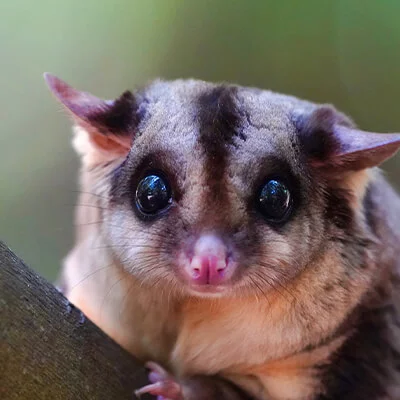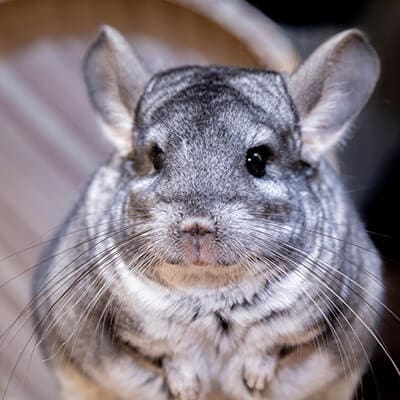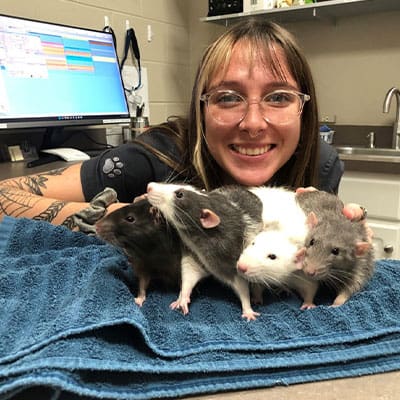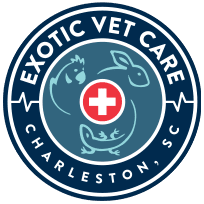Wellness Care for Exotic Mammals and Pocket Pets

Need to Board Your Pet While You're Away?
Chinchilla Care
Chinchillas are also welcome as patients to our hospital. We are more than happy to provide a lifetime of care that includes:
- Routine health checkups
- Blood work
- Fecal exams
If you have questions about your chinchilla or need to book now, call (843) 216-8387.

Signs of a Health Emergency in Exotic Mammals and Pocket Pets

Exotic mammals and pocket pets will hide any signs of illness or pain on instinct, so it isn’t always easy to notice when they’re not feeling well. A decrease in appetite or complete lack of appetite is usually the most common sign and can lead to other health issues if not addressed quickly.
If you notice any of the symptoms listed below, call our hospital right away at (843) 216-8387.
- Lack of appetite
- Diarrhea
- Fewer stools
- Depression
- Painful when handled or touched
- Weakness
- Falling over
- Head tilted
- Hunched posture
- Matted/unkempt coat
- Fecal/urine staining of fur
Common Diseases and Conditions
Exotic mammals and pocket pets can suffer from various diseases just like any other animal. The most common conditions they experience include:
- Dental disease
- Reproductive disease
- Malnutrition
- Respiratory disease
- Obesity
Handouts to Help You Care for Your Exotic Mammal or Pocket Pet
Below are some educational handouts containing essential information to help you care for your exotic mammal or pocket pet. Most of all, if you have any questions or concerns, please call our hospital at (843) 216-8387.

